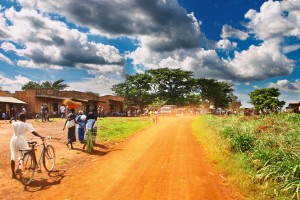Quality education for all in Ghana
Unblocking legislative bottlenecks
It is always an exciting time for a child when they start senior school. Yet it is also a worrying time. In Ghana, when one girl sadly lost her mother when she was still in Junior High School, a school which has been part of Ghana’s universal free public education programme for some time, money became very tight. She dreaded the choice between buying food and sanitary pads or paying for Senior High School. However, thanks to the extension of free education to Senior High School – one of Ghana’s recent success stories – she no longer needed to make that choice. But what happens when she and her friends finish their schooling – can their life prospects improve further by moving on to higher education?
Although there are public schools across Ghana, their quality, the resources available to them, and the prospects that they open are often not promising enough to encourage students to pursue higher education. Given prevailing poverty, the incentive is to go straight into the job market, especially in the informal sector. The Government knows this will limit the potential of both individuals and the nation, and so established a policy to have a public university in each region of the country – at no cost to students.
To this end, the Oxford Policy Fellowship (OPF) worked with Ghana’s Ministry of Education to unblock the legal and legislative bottlenecks to quality education for all in Ghana. How have these developments in education been made, and what can we expect next?
Download Publication
Read about how Kanan contributed to the transformation of Ghana’s educational sector
Download .pdf

